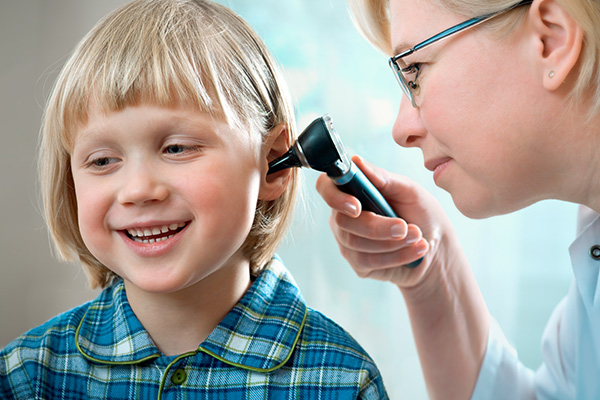Why Should You See an Audiologist for Balance Issues?
Your sense of balance is closely linked with your hearing and inner ear.


Your sense of balance is closely linked with your hearing and inner ear.

Although hearing aid repairs can be an essential process when they become

Tinnitus is a condition that affects the ears. It can cause ringing,